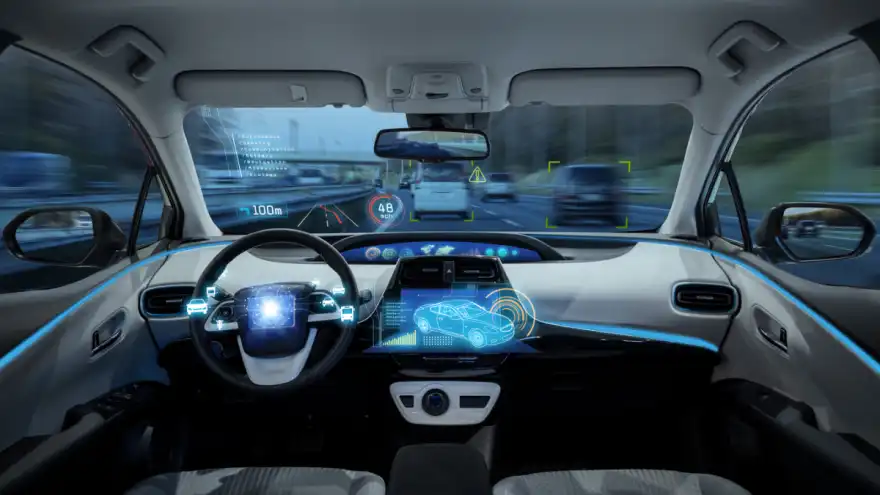
The government is pushing forward with the Automated Vehicles Bill, a plan designed to bring a transportation revolution by safely incorporating self-driving cars on UK roads.
Announced on the 7th of November in Parliament, the bill prioritises "safety and user protection" in future UK driving laws. It aims to assign responsibility for accidents or injuries to the driver, whether human or automated, aligning with recommendations from the Law Commission after a comprehensive four-year review. Notably, the bill seeks to provide immunity from prosecution to users of self-driving vehicles when the autonomous function is active.
Addressing safety concerns, the Institute for Engineering and Technology estimates that, compared to human drivers making around 10,000 errors, self-driving vehicles may make just one. In 2021, human error contributed to 88 percent of recorded collisions.
The proposed legislative framework specifies that only vehicles capable of autonomously following road traffic rules, without human intervention, will be classified as 'self-driving.' The Department for Transport will gain new authority to authorise such vehicles and ensure compliance with enhanced safety standards. Companies introducing vehicles to the roads will be held accountable, with local authorities tasked to record information on a centralised database when setting speed limits, closing roads, or designating parking areas. The government intends to use this data to create a digital map of the UK road network to support the operation of self-driving vehicles.
The announcement of the bill has been positively received by personal injury lawyers. Joshua Hughes, Head of Complex Injury at Bolt Burdon Kemp, expressed enthusiasm, stating that the legislation brings much-needed clarity, instilling confidence in manufacturers, insurers, and, crucially, road users.
Despite scepticism among some drivers about the benefits of self-driving technology, the government asserts that its development could contribute £41.7 billion to the UK economy by 2035, supporting 87,000 jobs.
The government is confident that autonomous vehicles will cut costs, decrease injuries, and lower fatalities on UK roads. Additionally, they anticipate that embracing this technology will boost the economy and position the country as a global leader.
The anticipated impact is expected to be most significant in the logistics and passenger transport sectors, according to a government briefing paper.
Would you feel confident being a passenger in a driverless car? Let us know your thoughts in the comments below.


